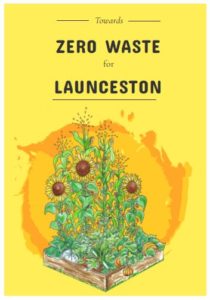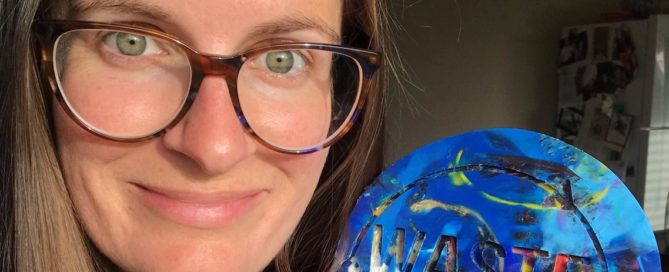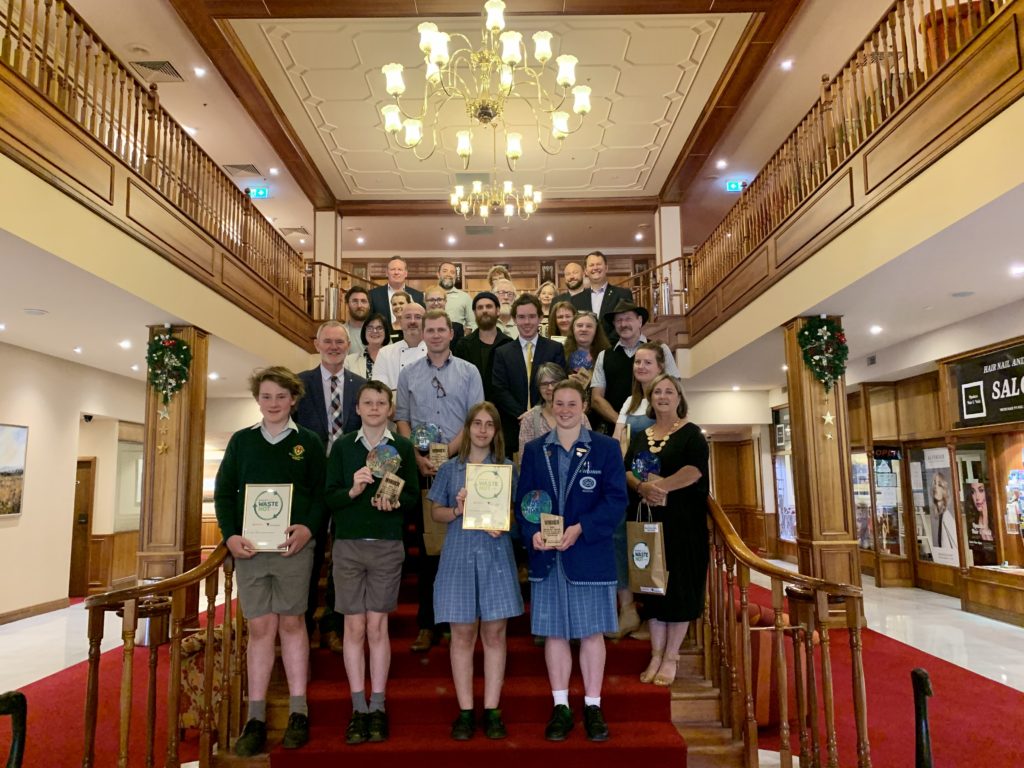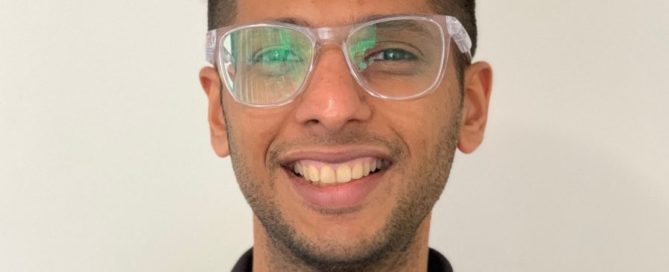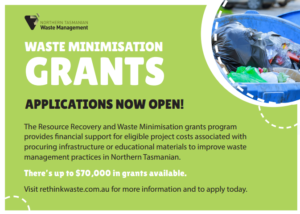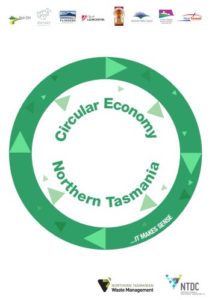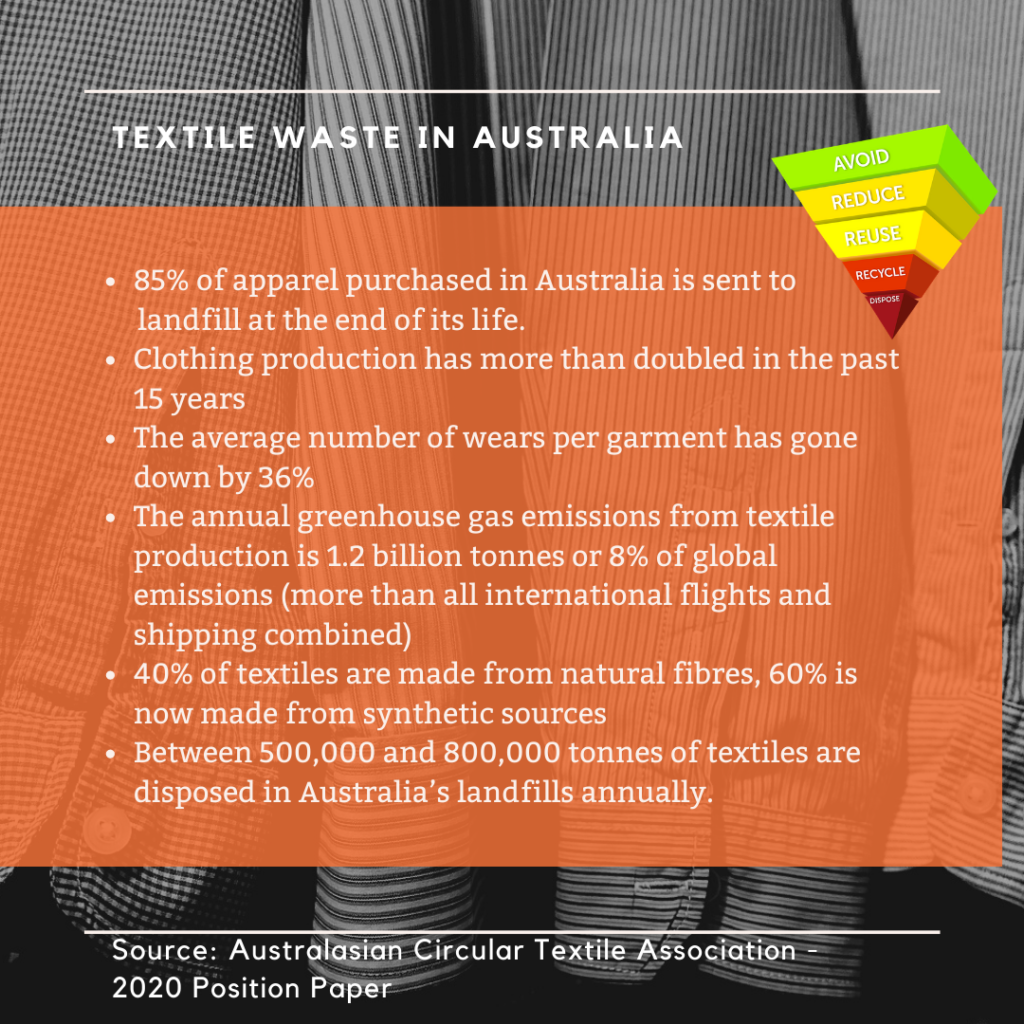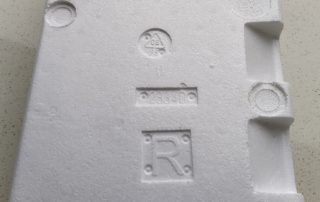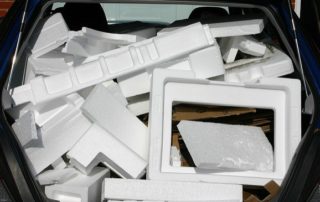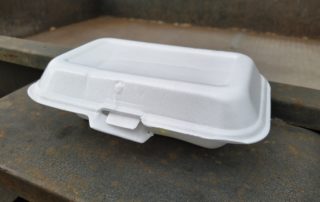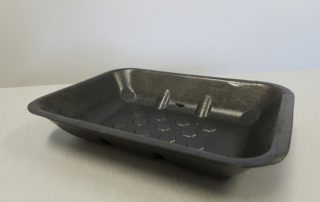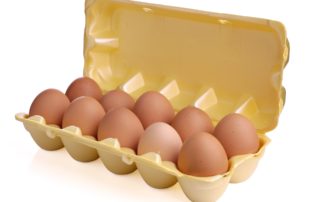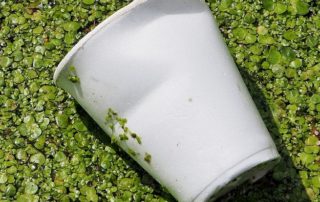The Northern Tasmanian Waste Management Group’s annual resource recovery and waste minimisation grants program has allocated $70,000 towards funding eligible organisations in Northern Tasmania who are demonstrating innovation towards decreasing the amount of waste sent to landfill.
The program responds to the increasing financial pressures associated with meeting landfill management, environmental and rehabilitation standards, as well as the need to reduce the strain on landfill airspace and the environment by recycling and reusing materials.
The 2020/21 Grants Program closed on 1 December 2020 with financial support being provided across 12 projects to help fund costs associated with procuring infrastructure or educational materials necessary to improve waste management practices in Northern Tasmania. The total value of these projects once completed is over $287,000 and is estimated to divert more than 128 tonnes of waste from landfill per annum.
The funds have been distributed as follows:
Launceston College (Plastic Fantastic Planters) –
Have been granted funds to help establish a new student enterprise initiative that is focused on diverting plastic waste from landfill by turning plastic into planters. Bottle lids will primarily be used as a raw material as they are currently unable to be recycled. The College will not just collect, sort and recycle the plastic but close the loop on this recycling stream by creating a sustainable, marketable product in these planters which will be sold in the colleges new retail space “The Cell” and other local small businesses. This project aims to demonstrate the profitability of a sustainable product and the ability of students to design, manufacture, market, and sell 100% recycled products.
Northern Midlands Council (Recycling Trailer) –
Have been awarded funding to construct a recycling hub trailer for the collection of items that are not recyclable through the kerbside recycling collection such as CD’s, bread tags, coffee pods etc. The trailer will be taken to schools and community events to increase awareness of recycling including the new and emerging waste streams and will encourage the community to recycle these items rather than them ending up in landfill.
University of Tasmania (Inveresk precinct On-site FOGO Waste Management System) –
Have been granted funds to help establish a combined community and University food garden in the Inveresk precinct with the aim of creating a fully accessible garden comprised of orchards and garden beds. To close the loop and create a circular economy UTAS will be installing an in-vessel composting system to recycle their food and garden waste as well as their compostable packaging. The project will be run by UTAS staff and students with the compost then used to nourish their gardens.
The Launceston Preparatory School (Multi-sort Recycle Bins) –
Have been granted funding to assist with the purchase of several multi-sort recycling bins and trolleys for the school. The colour coding and duplicate bins located in key waste points throughout the school will educate the students and embed long term sustainable waste management practices from an early age in the hope they will advocate sustainability in their homes and into the future.
Westbury Primary School (Westbury Community Recycling Hub) –
Have been awarded funds to establish a recycling hub that is open to the community to recycle items that are not recyclable through the kerbside recycling collection. The community hub will be based at Westbury Primary School which is central to the community and available during school hours. Students will run the project and will be regularly checking the hub capacity and once a compartment is full they will weigh the items before packaging them up to send to the appropriate organisations for recycling.
Rotary Club of Central Launceston (Recycling Batteries with Rotary) –
Have been granted funding to provide their Rotarians with two battery recycling boxes to place in their workplaces and their partner’s workplaces to encourage staff and customers to deposit used batteries for recycling. The boxes will be brought to weekly Rotary meetings in which the batteries will get placed into a bigger collection container to be taken to the local recycling depot. The aim of the project is to increase the awareness about the need to divert used batteries from landfill and the harmful effect on the environment and safety issues they pose to collection contractors and landfill operators.
City of Launceston (Lilydale Community Recycling Trailer) –
Have been granted funds to build a trailer to take out to the Lilydale Waste Transfer Station once a week to allow the Lilydale community to bring in their recyclable items for recycling. The initial phase of the project is to offer cardboard, e-waste, commingled and household battery recycling with plans to expand the project and establish a mobile recycling hub if the trailer is the initial phase is successful. When the trailer is not in use at Lilydale there is capacity to utilise the trailer at schools and at events and festivals around the Launceston municipality.
Launceston Big Picture School (Smells Like Green Spirit) –
Have been granted funds to purchase a compost tumbler so the school can improve their carbon footprint and recycle the food waste that comes from their commercial kitchen. The first stage of the project will be to set up a compost team to lead to the school-wide waste audit in the first term of 2021, the school advisory group will then be charged with educating the school community about composting. This project will also involve teaching the students about the science of composting with a hands on learning opportunity that will be integrated into the school curriculum.
Fork It Farm (Return, Reuse and Repurpose) –
Have been granted funds to establish two new sustainable practises to their business, the first is to purchase glass washer infrastructure to develop a jar return and re-use scheme for their product range to enable them to sanitise and sterilise the jars for reuse. The second is to purchase a kiln to process their only waste product into biochar which will then be put back into their soils to reduce the amount of carbon dioxide entering the atmosphere.
Dorset Council (Dorset Recycling Education Campaign) –
Have been granted funds to launch a recycling education campaign to reduce the incidences of the top recycling bin contaminants in Dorset (soft plastic, food and garden waste). The aim of the project is to engage the community and increase their awareness on household waste management.
Shachaya Group Pty Ltd (Organisational Waste Recycling) –
Have been grated funds to establish sustainable waste management receptacles at the Panorama Resort St Helens. The project will involve purchasing recycling bins for glass, paper, plastic and aluminium and produce educational material for the guests on how to recycle.
Longford Primary School (Longford Using Waste to Improve our Place) –
Have been granted funds to help establish a school orchard and chicken coop for their food and garden waste that they compost onsite. The project involves the purchase of multisort bins for the school and wicking beds for the garden.

